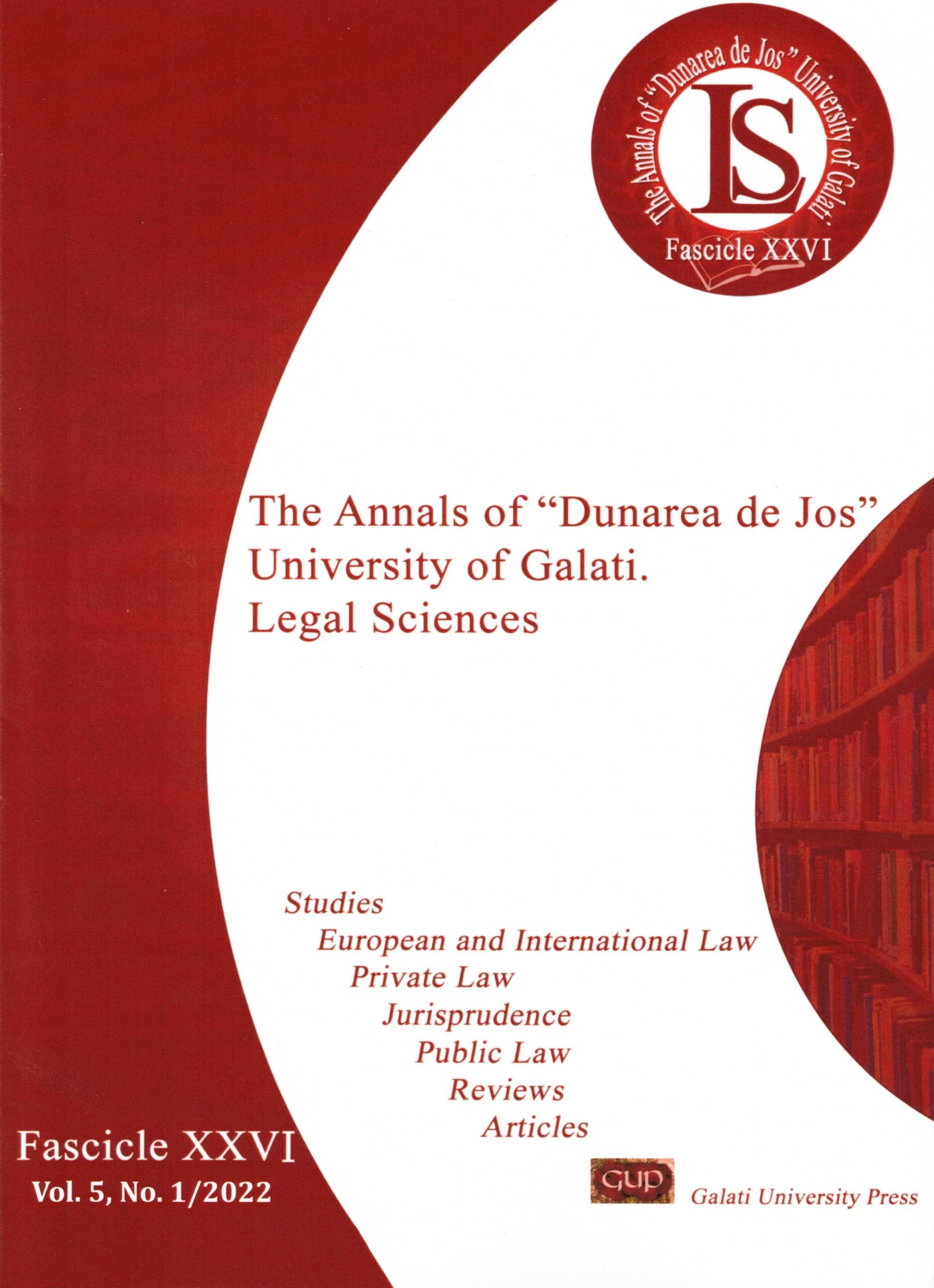Interpretation and Hermeneutics
Interpretation and Hermeneutics
Author(s): Mihaela Aghenitei, Jafar SamdaniSubject(s): Law, Constitution, Jurisprudence, Hermeneutics
Published by: Galaţi University Press
Keywords: hermeneutics; interpretation; multidisciplinary vision; practice; legal specificity;
Summary/Abstract: Hermeneutics, in general terms, is the art of interpretation. As such, hermeneutics has a rich history and can now be identified with four major directions: conservative, critical, radical, and moderate. Of these components, Hans-Georg Gadamer's moderate hermeneutics proved to be the most relevant for educational thinking. While many hermeneutic topics talk about educational concerns, four -questioning, worldhistory, language, and disciplinary knowledge -are particularly relevant. Hermeneutics remains an important but unexplored branch of educational philosophy. Hermeneutics refers to the theory and practice of interpretation, where interpretation involves an understanding that can be justified in time. It describes both a body of diverse historical methodologies for interpreting texts, objects, and concepts, and a theory of understanding. As such, it refers to making the unintelligible both intelligible and communicable. The history of hermeneutics spans epochs, methods and all disciplines in the humanities, social sciences and even the natural sciences. Finally, hermeneutics is conceived as a theory of information exchange developed from the ancient theoriesof truth to the theories of gnoseology of the twentieth century-lea.
Journal: The Annals of ”Dunarea de Jos” University of Galati. Legal Sciences. Fascicle XXVI
- Issue Year: 5/2022
- Issue No: 1
- Page Range: 95-102
- Page Count: 8
- Language: English

